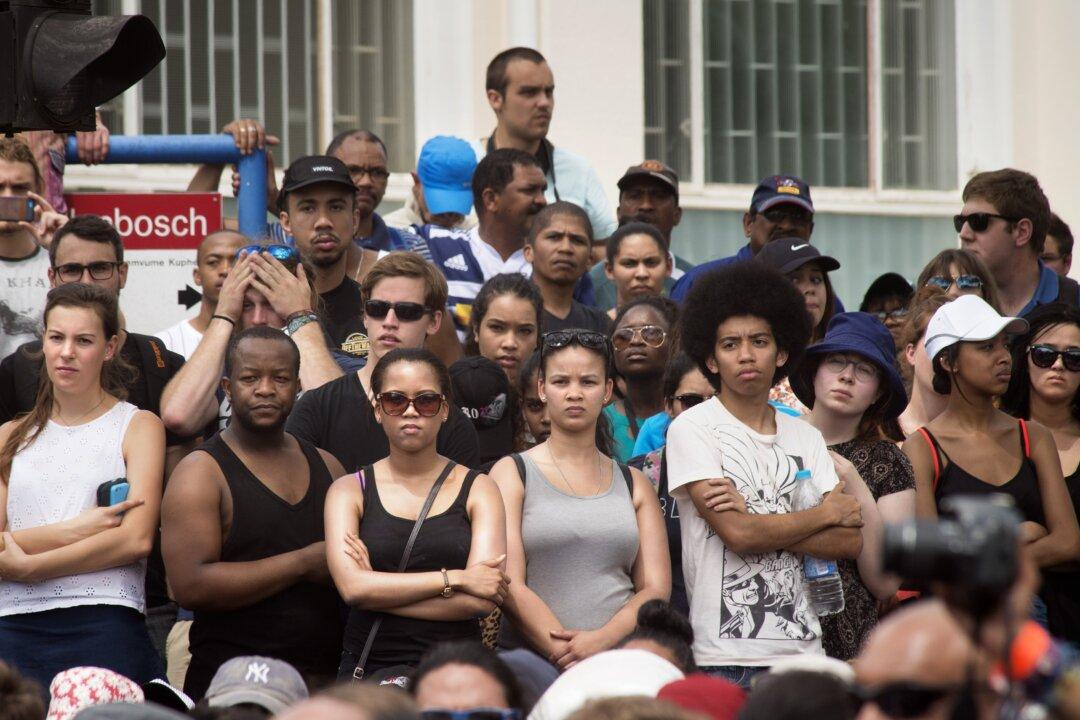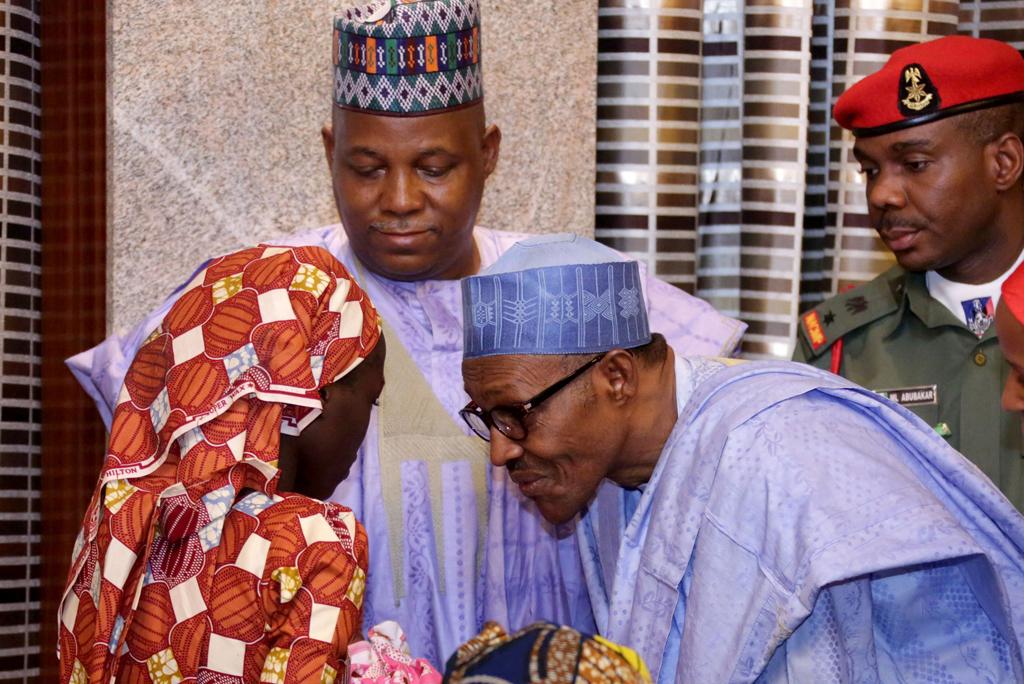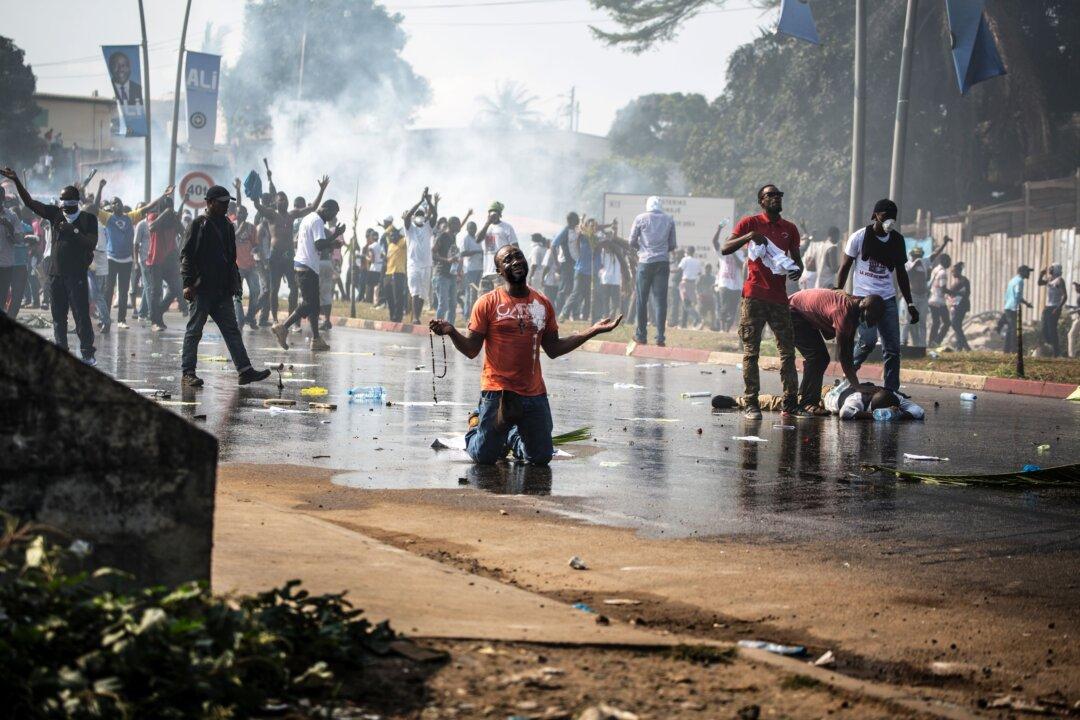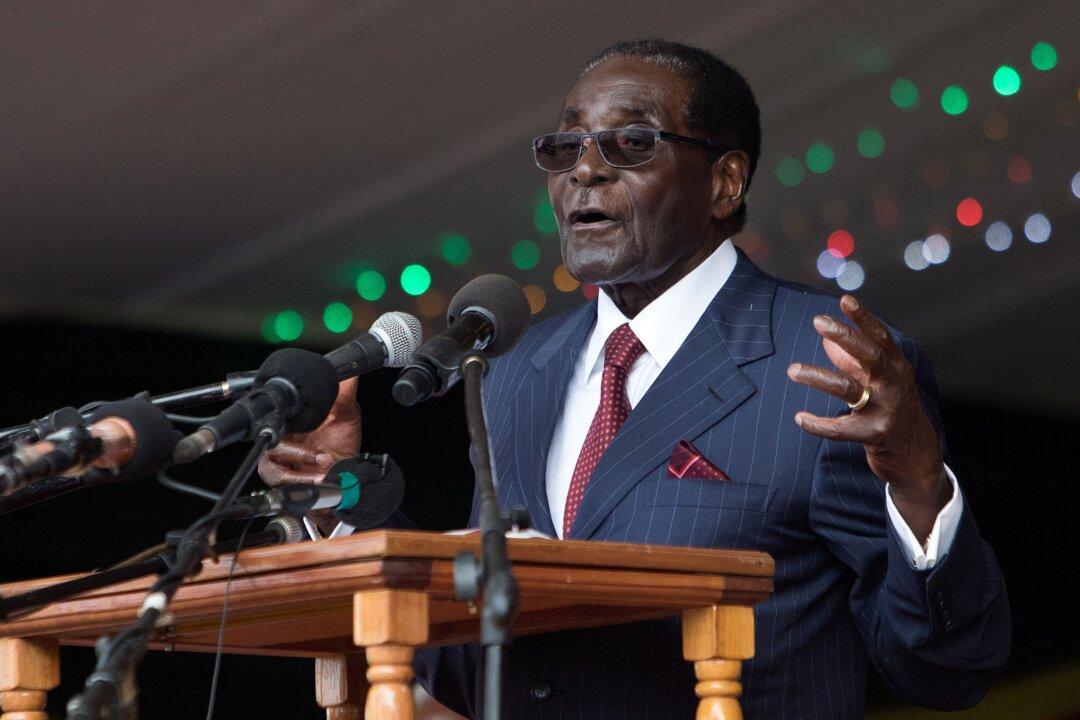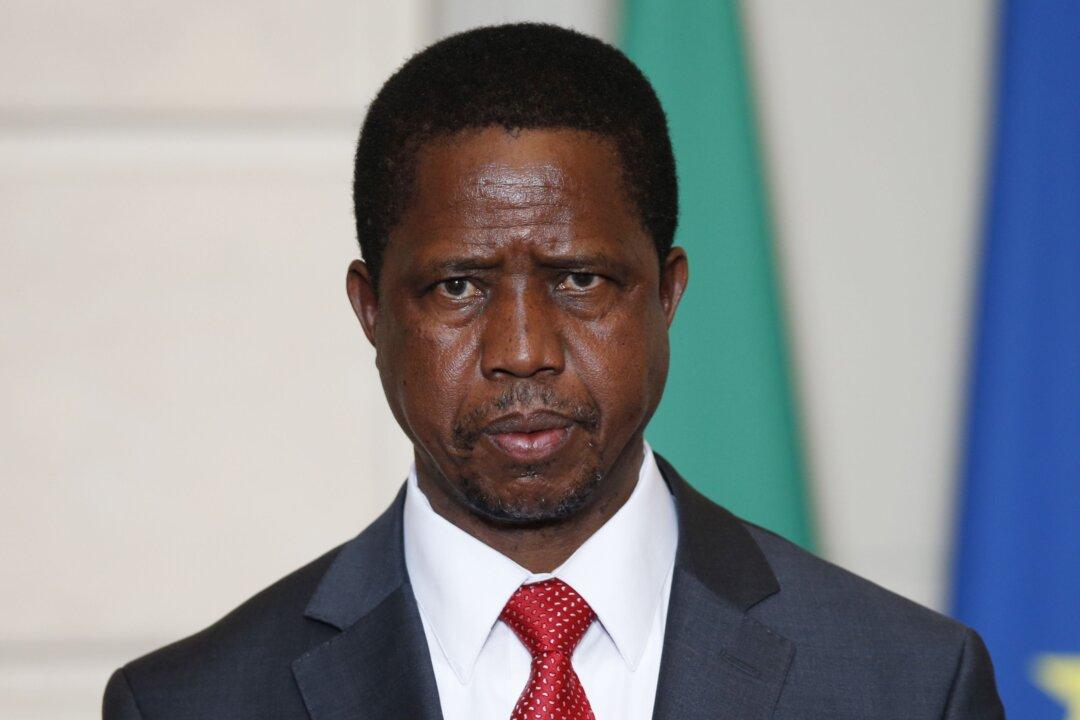As student unrest sweeps South Africa, the debate and discourse laid out in youthful pronouncements and Twitter feeds is increasingly racist. An old enemy has been brought back from the dead, and the “vampire” of white racism is now apparently seen as the cause of the country’s myriad problems.
It seems that South Africa’s educated young people cannot bring themselves to trust Julius Malema’s crude leftist opposition to the ANC, and they certainly see the Democratic Alliance (DA), even under Mmusi Maimane’s leadership, as a front for white liberal interests. The still-vanishingly small number of black professors at the University of Cape Town, the old white liberal bastion, is taken as evidence of that.
But this new generation of articulate, well-schooled protesters seems strangely unmotivated to rail against the tired, self-serving crony politics of Jacob Zuma and the ANC—calcified, corrupt forces who no longer have anything to offer South Africa.
